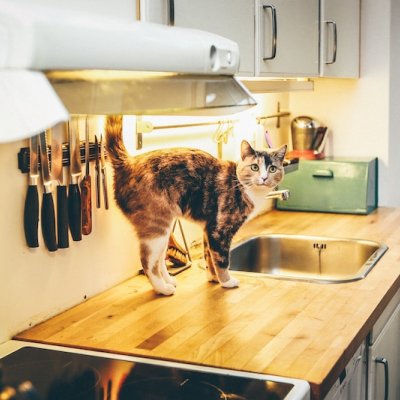dishes
- Dictionary
dishes(
dih
-
shihz
)A plural noun indicates that there is more than one person, place, thing, or idea.
1. (tableware)
(m) means that a noun is masculine. Spanish nouns have a gender, which is either feminine (like la mujer or la luna) or masculine (like el hombre or el sol).
Did you wash the dishes already?¿Ya lavaste los platos?
b. los trastes (M) (Latin America)
(m) means that a noun is masculine. Spanish nouns have a gender, which is either feminine (like la mujer or la luna) or masculine (like el hombre or el sol).
Regionalism used in Latin America: all the countries in South America, Central America, and the Caribbean. Does not include Spain.
We need to buy special boxes to pack the dishes.Hay que comprar cajas especiales para empacar los trastes.
c. la vajilla (F)
(f) means that a noun is feminine. Spanish nouns have a gender, which is either feminine (like la mujer or la luna) or masculine (like el hombre or el sol).
These dishes have to be dried with a special cloth.Se tiene que secar esta vajilla con un trapo especial.
dish
A noun is a word referring to a person, animal, place, thing, feeling, or idea (e.g., man, dog, house).
2. (tableware)
b. la fuente (F) (large platter)
(f) means that a noun is feminine. Spanish nouns have a gender, which is either feminine (like la mujer or la luna) or masculine (like el hombre or el sol).
Do you have a large dish to serve the chicken on?¿Tienes una fuente grande para servir el pollo?
3. (culinary)
b. el platillo (M) (Mexico)
(m) means that a noun is masculine. Spanish nouns have a gender, which is either feminine (like la mujer or la luna) or masculine (like el hombre or el sol).
Regionalism used in Mexico
Hominy stew is a typical dish in Mexico City.Es pozole es un platillo típico en el D.F.
a. la antena parabólica (F)
(f) means that a noun is feminine. Spanish nouns have a gender, which is either feminine (like la mujer or la luna) or masculine (like el hombre or el sol).
I need to change the position of the dish. The TV is getting static again.Tengo que cambiar la orientación de la antena parabólica. La televisión vuelve a tener interferencias.
5. (old-fashioned) (slang) (attractive person)
A word or phrase that is seldom used in contemporary language and is recognized as being from another decade, (e.g., cat, groovy).
A very informal word or phrase used by a particular group or community as a substitute for standard language (e.g., joint, john).
A transitive verb is a verb that requires a direct object (e.g., I bought a book.).
6. (colloquial) (to disclose) (United States)
A word or phrase that is commonly used in conversational speech (e.g., skinny, grandma).
Regionalism used in the United States
a. contar
Are you going to dish the gossip on Tammy's boyfriend or not?¿Vas a contar el chisme sobre el novio de Tammy o no?
7. (colloquial) (to thwart) (United Kingdom)
A word or phrase that is commonly used in conversational speech (e.g., skinny, grandma).
Regionalism used in the United Kingdom
a. desbaratar
My mother dished my plans to go out with my friends when she asked me to go to the cinema with her.Mi madre desbarató mis planes de salir con mis amigos al pedirme que fuera con ella al cine.
An intransitive verb is one that does not require a direct object (e.g., The man sneezed.).
8. (colloquial) (to gossip) (United States)
A word or phrase that is commonly used in conversational speech (e.g., skinny, grandma).
Regionalism used in the United States
Examples
Phrases
Machine Translators
Translate dishes using machine translators
Other Dictionaries
Explore the meaning of dishes in our family of products.
Random Word
Roll the dice and learn a new word now!
Want to Learn Spanish?
Spanish learning for everyone. For free.





















